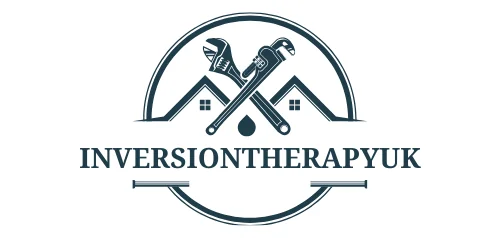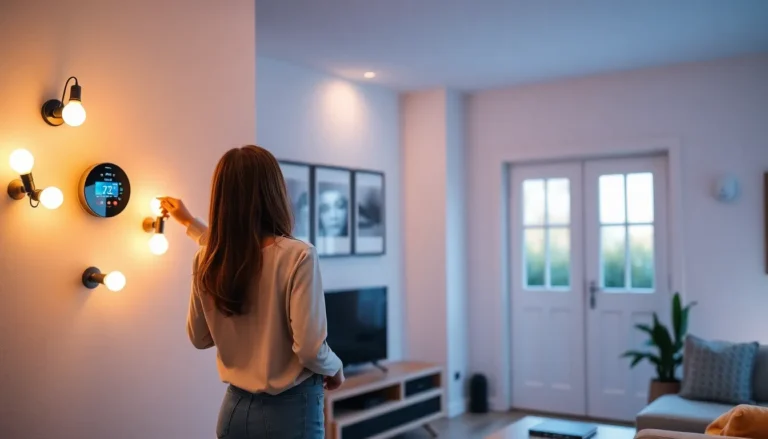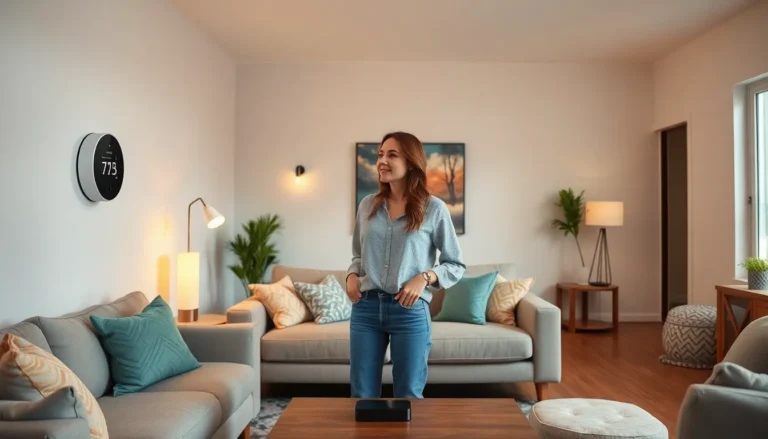Table of Contents
ToggleThinking about giving your home a facelift? A home renovation loan might just be the magic wand you need. Whether it’s transforming that outdated kitchen into a culinary paradise or finally tackling that bathroom that resembles a scene from a horror movie, funding your dreams is easier than you think.
Overview of Home Renovation Loans
Home renovation loans provide financing options specifically designed for property improvements. These loans cater to homeowners looking to enhance their living spaces, whether it’s updating kitchens, bathrooms, or entire home structures.
Several types of home renovation loans exist. The most common include personal loans, home equity lines of credit (HELOCs), and FHA 203(k) loans. Personal loans often offer quick access to funds without using equity. HELOCs allow homeowners to borrow against their home’s equity, providing flexibility in borrowing amounts. FHA 203(k) loans target buyers seeking to purchase and renovate a home simultaneously.
Interest rates on home renovation loans differ based on factors like credit score and loan type. Average rates range from 4.5% to 9%, impacting monthly payments and total repayment amounts. Borrowers must assess their financial situation and choose a loan that aligns with their budget and project costs.
Loan amounts typically vary based on the type of renovation and property value. Personal loans often cap at $50,000, while HELOCs can exceed that amount, depending on home equity. FHA 203(k) loans provide funding for renovation costs within the home purchase loan, simplifying financing for buyers.
Repayment terms for home renovation loans generally span from 5 to 30 years. Long-term loans may offer lower monthly payments but incur higher overall interest costs. Short-term options might have higher monthly obligations but result in less interest paid over time.
Applying for a home renovation loan involves gathering financial documents, determining loan eligibility, and submitting an application to a lender. A clear understanding of project costs, timelines, and necessary improvements streamlines this process.
Types of Home Renovation Loans

Home renovation loans come in various forms, each catering to specific needs and preferences. Understanding these types helps in selecting the most suitable option for a home improvement project.
FHA 203(k) Loans
FHA 203(k) loans offer a way to finance both the purchase of a home and its renovation costs. These loans provide up to $35,000 for repairs on top of the property’s purchase price. Minimum credit score requirements typically start at 500, making it accessible for many homeowners. Borrowers benefit from low down payment options, often as low as 3.5%. The program encourages homebuyers to invest in older homes while ensuring they meet safety and livability standards.
Fannie Mae HomeStyle Loans
Fannie Mae HomeStyle loans provide flexible financing for home renovations. These loans cover a wide range of projects, from updates to kitchens to upgrades in energy efficiency. Borrowers can include renovation costs in the total loan amount, allowing for streamlined financing. Homeowners can access up to 95% of the home’s value, making it easier to fund significant improvements. The program supports both fixed-rate and adjustable-rate mortgages, offering various options to suit different borrowing needs.
Personal Loans for Home Renovation
Personal loans for home renovation offer a straightforward financing solution. They come with unsecured borrowing, meaning no collateral is required. Many lenders provide amounts between $1,000 and $100,000, depending on creditworthiness. Interest rates generally range from 6% to 36%, influenced by credit scores and income levels. Repayment terms often span 2 to 7 years, making them a viable option for smaller projects that require quick funding without home equity.
Benefits of Home Renovation Loans
Home renovation loans offer distinct benefits that enhance a homeowner’s ability to improve their living space. These loans not only finance renovations but also contribute to increased property values and flexible financing solutions.
Increased Home Value
A significant advantage of home renovation loans is their potential to boost property values. Renovations can elevate the appeal of homes, attracting potential buyers. For example, kitchen upgrades often yield returns of up to 70% on investments. Bathrooms also contribute to home value increases, with homeowners recouping about 60% of renovation costs. Enhancing curb appeal through exterior updates can raise property values as well. Investing in energy-efficient upgrades can result in lower utility costs and attract eco-conscious buyers. Overall, financial support for renovations translates into increased equity and overall marketability.
Flexible Financing Options
Home renovation loans provide flexible financing solutions tailored to diverse homeowner needs. Various loan types cater to unique situations. Personal loans offer unsecured options ranging from $1,000 to $100,000, suitable for smaller projects requiring immediate funding. Home equity lines of credit (HELOCs) allow homeowners to borrow against their equity, providing funds as needed. FHA 203(k) loans encompass both purchase and renovation costs, making them ideal for new buyers seeking comprehensive solutions. These diverse options ensure that homeowners can select financing that aligns with their financial circumstances and renovation goals.
How to Qualify for a Home Renovation Loan
Qualifying for a home renovation loan involves meeting several criteria, making it essential to understand specific requirements before applying.
Credit Score Requirements
Lenders typically consider credit scores a primary factor in determining loan eligibility. Most lenders require a minimum credit score between 620 and 640 for conventional loans. Higher scores often lead to better terms and lower interest rates. Lower scores may still allow for some options, but the terms may be less favorable. Checking credit reports regularly ensures accuracy and helps identify opportunities for improvement. Credit scores impact not only loan approval chances but also the overall cost of borrowing.
Income Verification
Proving income is crucial in the loan qualification process. Lenders usually ask for documentation like pay stubs, tax returns, and bank statements to confirm steady income. Applicants must demonstrate consistent employment, ideally with a minimum of two years in the same field. Self-employed individuals may face additional scrutiny and should provide more detailed financial documents. Debt-to-income ratio is another vital consideration; lenders typically prefer a ratio below 43%. Higher ratios may raise concerns about financial stability, affecting approval odds.
Home renovation loans offer a practical solution for homeowners looking to enhance their living spaces. With various options available like FHA 203(k) loans and personal loans, individuals can find a financing method that suits their specific needs. These loans not only facilitate essential upgrades but also contribute to increasing property value and marketability.
By understanding the qualifications and requirements, homeowners can make informed decisions about their renovation projects. With the right loan in place, transforming a house into a dream home becomes an attainable goal. Embracing the potential of home renovation loans can lead to a more enjoyable living environment and a wise investment for the future.







